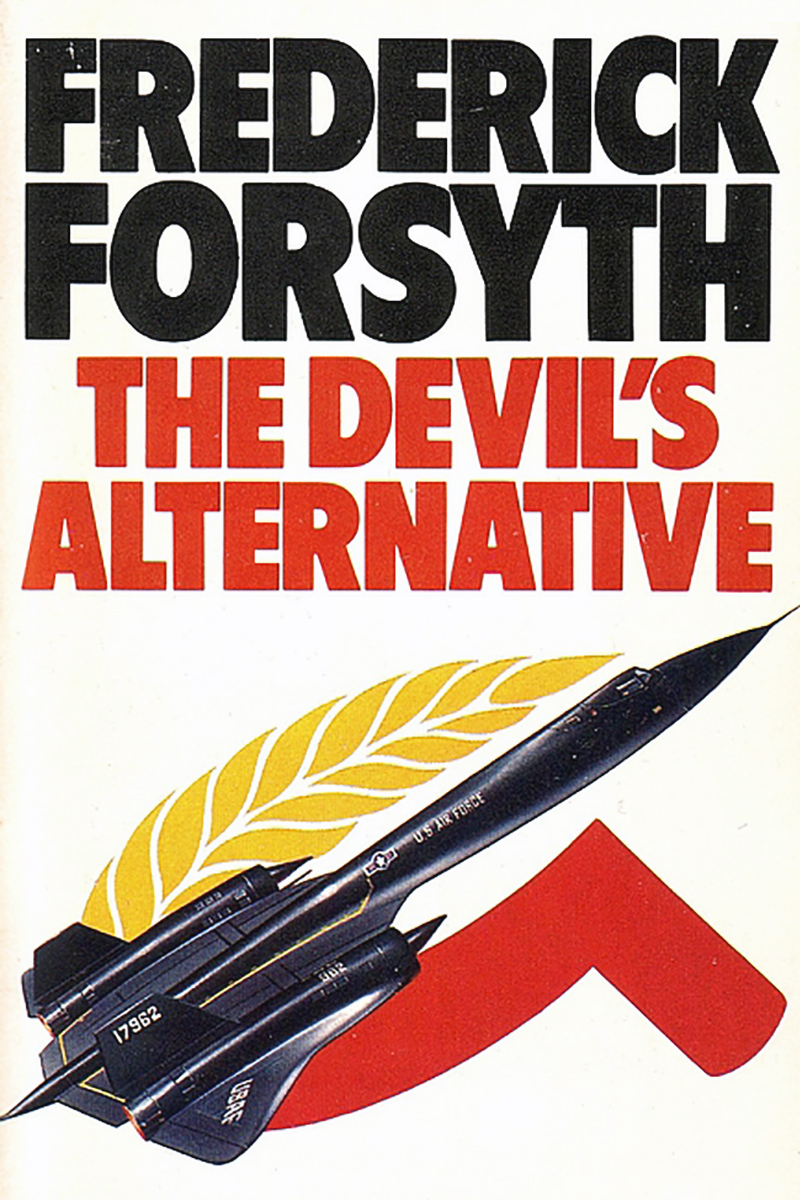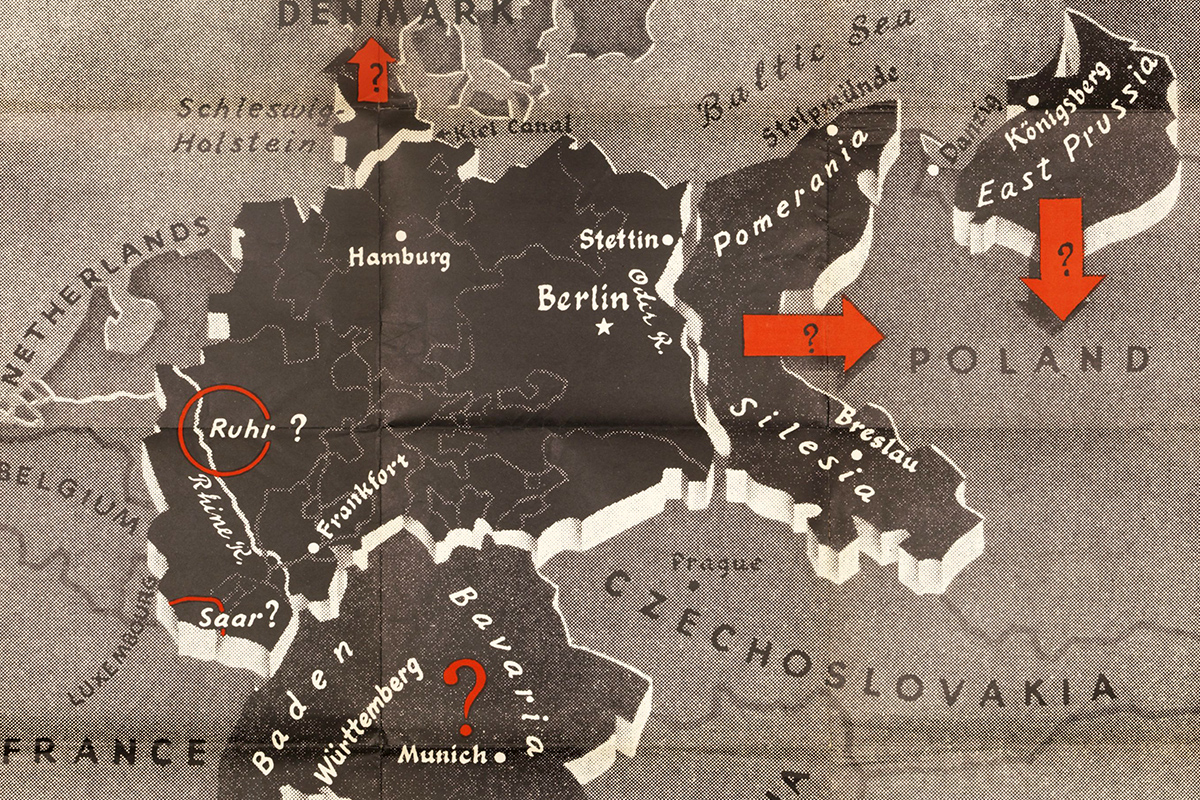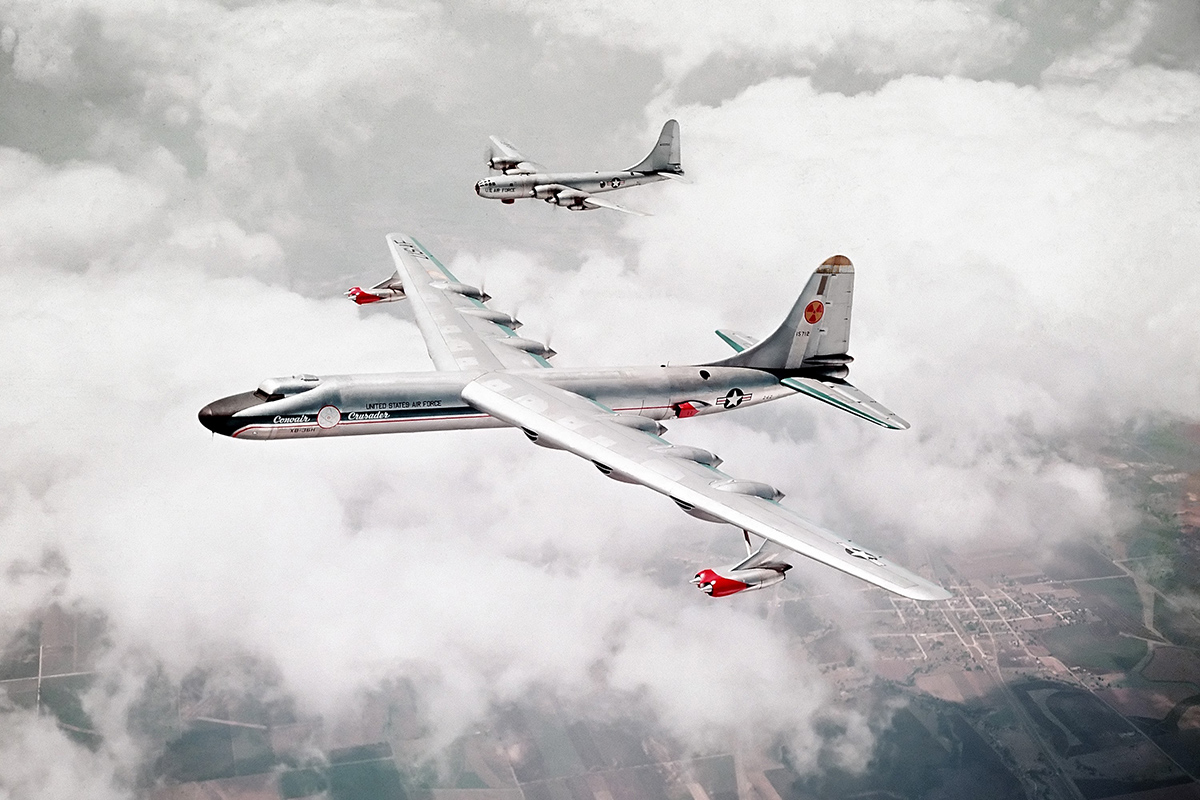Not all wars are as quick and decisive as the Six Day War. Some drag on and on and on. Such was the Lebanese Civil War, which ran from 1975 to 1990. In 1982, Israeli prime minister Menachem Begin ordered his army, under General — and future prime minister — Ariel Sharon to enter Lebanon to retaliate against rocket strikes launched by Yasser Arafat’s Palestine Liberation Organization. As Israeli tanks and infantry rolled into that powder keg, they embarked on a long, pitiless savage war of peace.
This is the backdrop to the 2009 film Lebanon: an Israeli example of a war movie told from the perspective of the invaders, who are sent to die in a foreign land where life seems cheap. Americans like to make these films about Vietnam: Apocalypse Now and Full Metal Jacket are classic examples. More recently, American Sniper brought this type of film into the twenty-first century. The Spanish-made 1898: Our Last Men in the Philippines (review here) and Britain’s The Bridge over the River Kwai arguably count as well.
The most striking aspect of Lebanon is the cinematography. In recent years, we have seen horror movies made out of alleged found camera footage and other films shown solely through computer screens. Here? The camera is mounted on one of the viewports of an Israeli tank dispatched into a cauldron of misery. The story focuses on its crew.
The result is a suffocating, cramped atmosphere that permeates the entire film. You feel every bullet and every projectile that hits this steel beast, and you witness the crew’s fear. As the tank shakes, the camera shakes. It feels as if you are shaking. It imparts upon you the fear of always being a target, of always being visible, for tanks are not exactly subtle weapons.
From there, it is another film with a lesson about the cruelty and madness of war. Those familiar with the general trajectory of the Lebanese Civil War will not see many noted events here; the massacres at Sabra and Shatila are omitted. Instead, you see soldiers, young men, ordered to kill for questionable reasons and by questionable means. The film is a meditation on how high political ideas are rent asunder on the battlefield.
Lebanon shows the hubris of embarking on war of peace, a theme newly relevant in light of the Western withdrawal from Afghanistan. There is a profound arrogance in one country believing it can end another’s civil war, and Lebanon shows you how much that arrogance can destroy.





